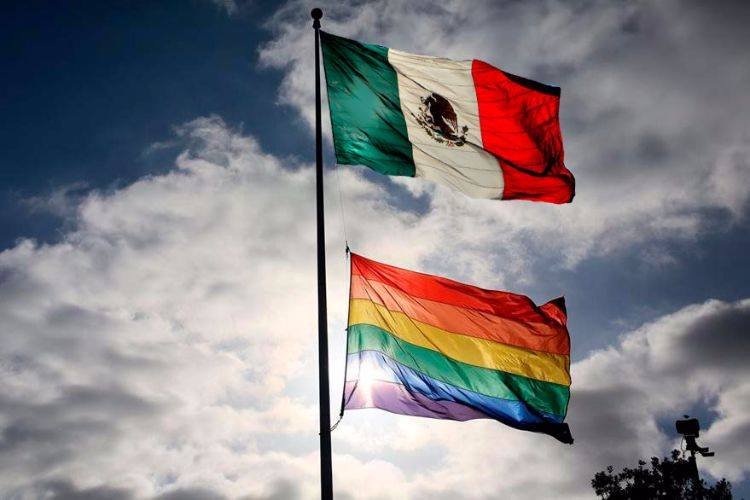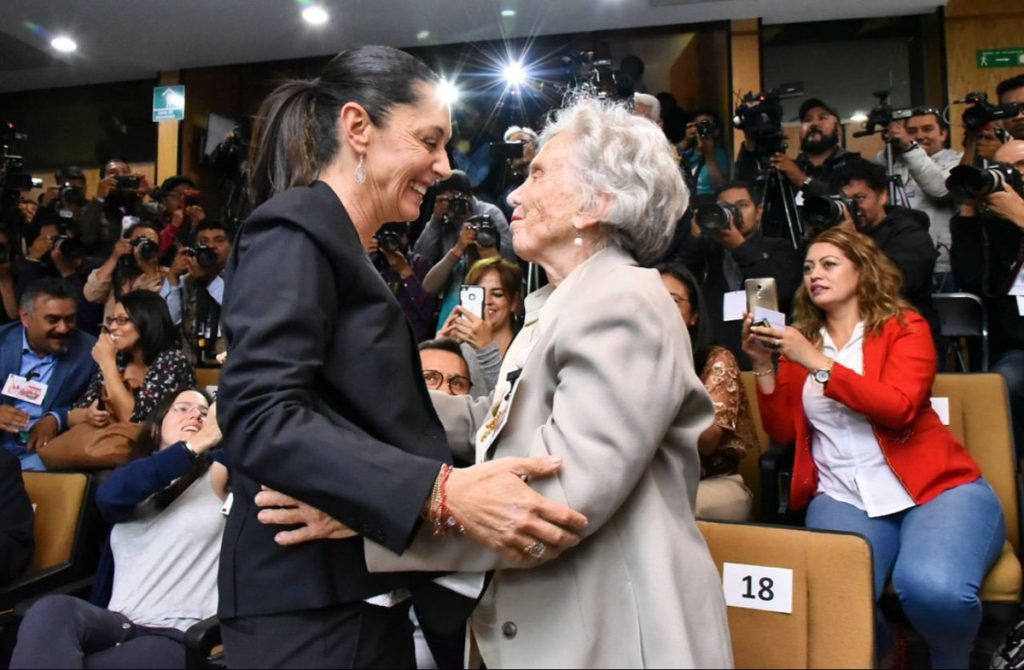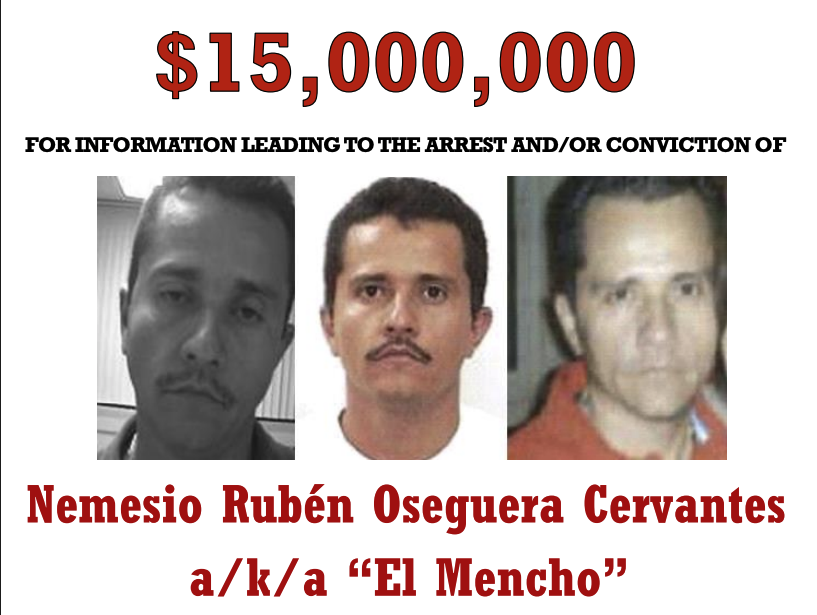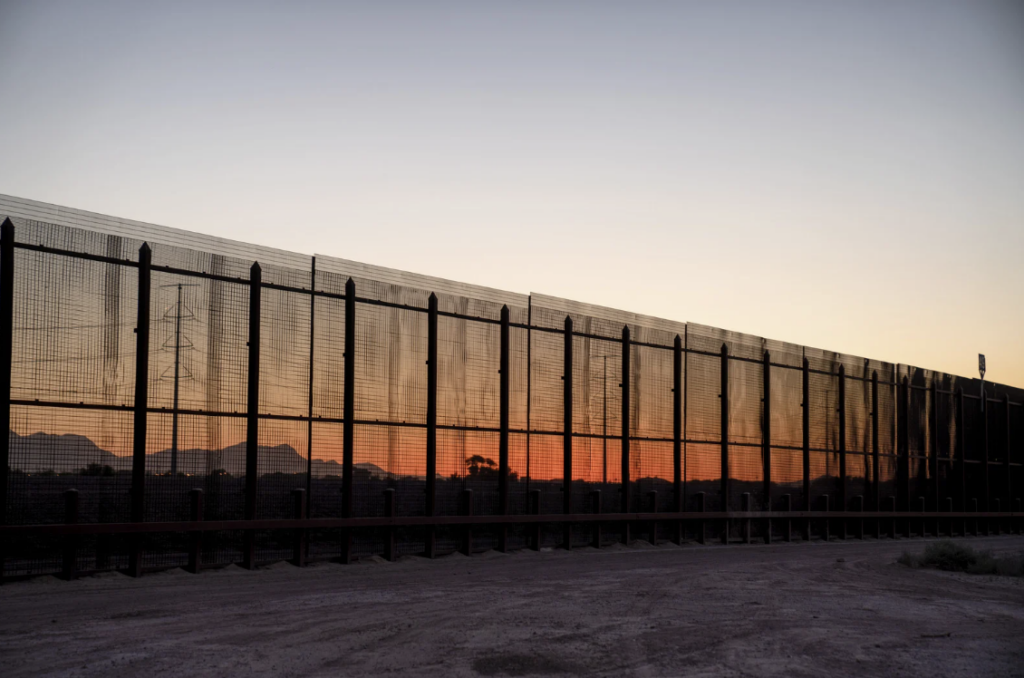On December 1, Andres Manuel Lopez Obrador will finally be inaugurated as Mexico’s next president.
He takes over from President Pena Nieto who has represented the long-ruling PRI political party, an organisation which was once cited as ‘the perfect dictatorship’ as well as having overseen some of the most violent and corrupt eras of Mexico’s recent history.
All eyes will be on this Saturday’s inauguration, anticipated to also be attended by U.S Vice President Mike Pence instead of Donald Trump, where the new leftist leader will lay out the tone of his upcoming presidency.
The current president-elect has already begun to make waves in the political sphere, cancelling the new airport build based on a referendum as well as hosting a number of other people’s votes on upcoming issues such as the Mayan train and extending funding to pensions. At the same time, Pena Nieto seals his legacy with a low 24% approval rating and a trip to Argentina for the G20 where the NAFTA renegotiated trade deal is anticipated to be signed.
READ MORE: U.S President’s son-in-law, Jared Kushner, to be awarded highest honour in Mexico despite strong criticism
Starting at 11 am at Mexico City’s Zocalo, special coverage of the inauguration will be supported by analysis of the event and more than ten news correspondents from Noticias Telemundo. The formal ceremony will then take place at the Legislative Palace at midday before AMLO is handed the presidential sash by Pena Nieto. His first speech will then be followed by a festival in the Zocalo to celebrate the new presidency.
In contrast to his predecessor’s leaving record, AMLO takes the office with an incoming approval rate of over 60% and offers a change in direction for Mexico. Part of the Morena political party, AMLO’s presidency will see the PRI party loosen its grip on almost a century of political influence in the country, a shift that has been welcomed with both hope and speculation.
It remains to be seen what AMLO’s presidency will bring to the table, however, he picks up a load of decades of corruption issues as well as the larger frustrations of the Mexican citizens. Of the issues that he is set to inherit from the PRI party, one of the most damning, according to the Human Rights Watch is a plethora of human rights abuses that the Mexican government appear to have thus far overlooked.
The in-depth report by the organization details human rights abuses that have been recorded whilst Pena Nieto’s government has been in power, and the results are damning. From claiming that the country had generalised torture to allowing corruption to spread throughout the police forces and government, it reveals a picture of a government in disarray. Just over two months ago, for instance, the entire police force of Acapulco was disarmed due to corruption allegations, and reports go on to suggest that police abuses are linked to understaffing, underpay and lack of training opportunities.
Violence
According to the Human Rights Watch, some 240,000 people have been killed in Mexico since the war on drugs began in 2006.
This year, however, is pitted to become the bloodiest that Mexico has seen in modern history as reports of clandestine mass graves and violent shootings continue to dog headlines across the country. According to The Conversation, the new government has pledged to reduce violent crime rates by 30% to 50% in the first three years of AMLO’s presidency. Proposals of a scholarship programme to minimise the risk of young people falling into criminal gangs are one idea, whilst the president-elect also recently floated ideas about amnesty initiatives for low-level criminals.
Impunity
According to the Global Impunity Index from 2017, Mexico had the fourth highest rate of impunity in the world and the highest level out of all Latin American countries. These levels are even higher when addressing particular areas of crime such as violence against journalists, where impunity levels for killings in the media rocket up to 99%.
The renowned Ayotzinapa case of 43 students disappearing also remains a pressing national interest. Four years have passed since the students were forcibly disappeared, amidst allegations that both cartels and the authorities were involved, and little has been done by Pena Nieto’s government to find justice.
According to Mexico News Daily, the country’s impunity levels are partially due to failures in justice institutions. Linked to structural problems in the court systems as well as a shortage of judges, the increasing impunity levels in the country are strongly linked to a lack of investment in the justice sector. Even then, the true scope of crime in the country is also believed to be skewed by organised crime groups infiltrating crime figures and the justice system. It is down to AMLO, as he has fervently promised in his campaigning, to strengthen the judiciary.
Mexico: Where journalists are paying with their lives for investigating corruption
Economy
The economy has seen a gain in manufacturing exports in the third quarter, and in a recent study by LSE, Mexico’s relatively stable economy could expand even further under the new presidency. Despite this, however, some 96 million people live in poverty and some rural areas of the country still don’t have stable access to electricity in their homes.
Recent referendums by the leftist president-elect, however, will mean that the construction of a Mayan Train will be looked into, with the hopes of gaining a tourist attraction and investment. As well as this, the new government will be going forward with the build of an oil refinery, the reforestation of one million hectares of land and heightened pension schemes. Despite this, a new report by Banxico has reduced the growth forecast for 2019 due to uncertainty in the new economic plans.
READ MORE: Socially-focused startups tackle rural Mexico’s energy problems
Public Security
The failing drug war over the last decade has not only contributed to phenomenal levels of violence but also to a military presence on the streets of Mexico, and it was something that Nieto decided not to change.
Although AMLO initially suggested that he would eradicate the presence of the armed forces, the president-elect has since suggested that he will, in fact, look at alternatively creating a national guard. Last week, the Mexican Supreme Court ruled that the country’s Internal Security Law is unconstitutional which has leaves uncertainty over what this means for the future of military control over civilian areas. The reality is that without effective policing, a question mark lingers over the future of public security.
READ MORE: UN Review claims that Mexico isn’t doing enough to protect journalists, activists and citizens
Recently serving as a preliminary marker on the effectiveness of Nieto’s last six years as president, the Universal Periodic Review outlined that the outgoing president has done little to curtail violence, corruption and unnecessary killings within his country. As well as attempting to regain the trust of citizens sceptical about political systems in the country, Andres Manuel Lopez Obrador picks up the weight of a country in need of change.










